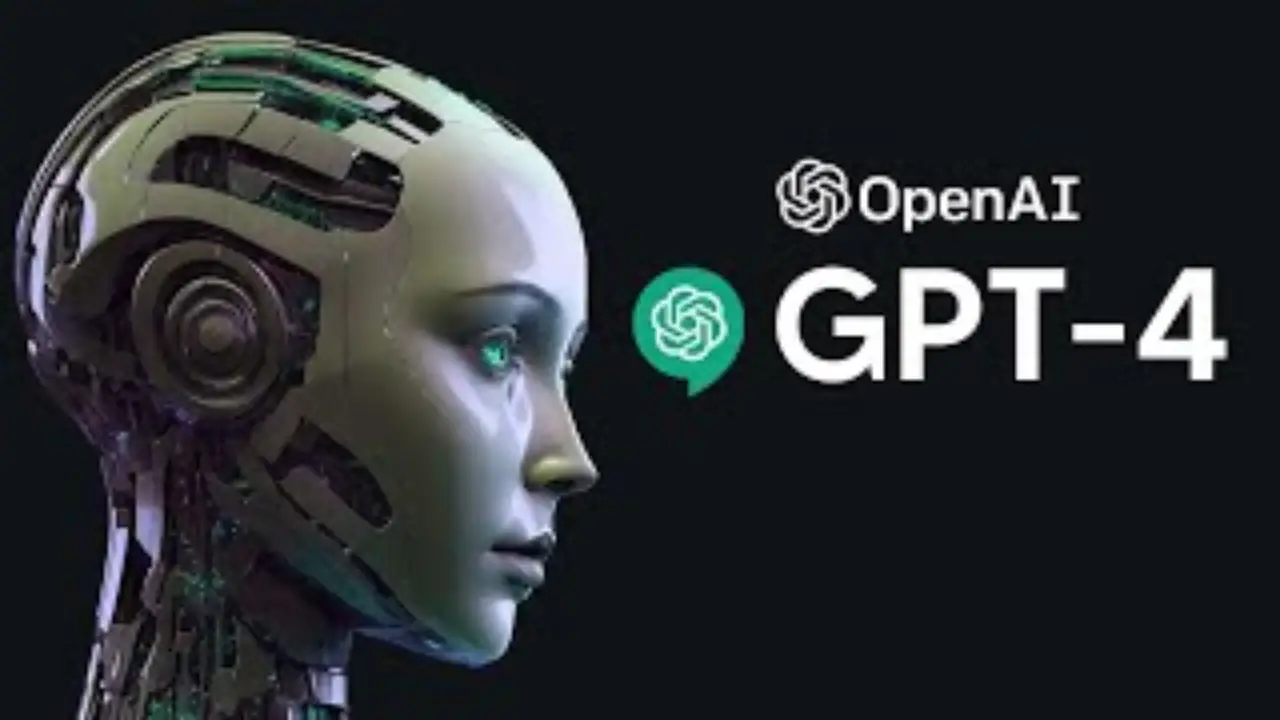ChatGPT for Content Moderation: Managing Communities With AI

Executive Summary

Content moderation is a critical yet challenging task for online communities. ChatGPT offers a powerful new tool for automating this process, leveraging AI to identify and remove harmful content effectively. This article explores how ChatGPT can revolutionize content moderation, enabling community managers to foster safe and engaging online spaces.

Introduction
Content moderation plays a vital role in shaping the quality and tone of online communities. By removing inappropriate, harmful, or illegal content, moderators help create a positive and welcoming environment for users. However, manual moderation is time-consuming, subjective, and prone to error. ChatGPT addresses these challenges by automating the moderation process, providing community managers with a powerful tool to enhance their efficiency and effectiveness.
FAQs
1. What is ChatGPT?
ChatGPT is a large language model developed by OpenAI that can generate human-like text, understand natural language, and perform various language-related tasks.
2. How can ChatGPT be used for content moderation?
ChatGPT can analyze text, identify inappropriate or harmful content, and flag it for review by human moderators. This helps automate repetitive or straightforward moderation tasks, freeing up human moderators to focus on complex or nuanced decisions.
3. How does ChatGPT ensure accuracy and fairness in moderation?
ChatGPT is trained on a vast dataset of text and content, enabling it to learn and understand language patterns and nuances. Additionally, community managers can provide specific training to ChatGPT to adapt it to the unique content and guidelines of their community.
Subtopics
1. Identifying Harmful Content
- Detecting hate speech: ChatGPT analyzes text for derogatory or discriminatory language, identifying content that incites hatred or violence.
- Recognizing misinformation: ChatGPT evaluates content for factual inaccuracies and identifies false or misleading information that could be harmful to the community.
- Flagging child exploitation: ChatGPT scans for content that exploits or endangers children, using image recognition and text analysis to identify potential violations.
2. Streamlining Moderation Workflow
- Automating repetitive tasks: ChatGPT handles routine moderation tasks, such as filtering spam, removing duplicate content, and enforcing simple community guidelines.
- Providing context and insights: ChatGPT analyzes flagged content and provides context, insights, and recommendations to assist human moderators in making informed decisions.
- Suggesting moderation actions: ChatGPT proposes appropriate moderation actions based on its analysis, such as removing, suspending, or warning users.
3. Enhancing Community Standards
- Customizable guidelines: ChatGPT can be trained on a community’s specific content guidelines, ensuring that moderation decisions align with the unique values and expectations of the community.
- Community input: ChatGPT can incorporate user feedback and reports to continuously improve its moderation capabilities and reflect community preferences.
- Fair and consistent enforcement: ChatGPT helps ensure that content moderation is fair and consistent by evaluating content objectively based on pre-defined guidelines.
4. Promoting User Engagement
- Identifying positive and engaging content: ChatGPT can recognize and highlight valuable and constructive content, promoting community engagement and positivity.
- Encouraging healthy discussions: ChatGPT can moderate discussions and identify potentially toxic or unproductive behavior, promoting healthy and respectful interactions.
- Preserving community culture: ChatGPT can help preserve the unique culture and identity of a community by protecting its values, traditions, and shared experiences.
5. Improving Collaboration and Transparency
- Facilitating communication: ChatGPT can assist in managing communication between moderators and users, providing clear explanations for moderation decisions and fostering open dialogue.
- Generating moderation reports: ChatGPT can generate comprehensive reports that provide insights into moderation activities, trends, and potential areas for improvement.
- Streamlining collaboration: ChatGPT can facilitate collaboration among moderators by providing a centralized platform for shared insights, decision-making, and accountability.
Conclusion
ChatGPT has the potential to transform content moderation, empowering community managers to create safer, more engaging, and more inclusive online spaces. By automating routine tasks, identifying harmful content, and providing valuable insights, ChatGPT enhances efficiency, accuracy, and fairness in moderation. As the technology continues to evolve, it will play an increasingly vital role in shaping the future of online communities, ensuring that they remain positive, productive, and welcoming for all users.
Keyword Tags
- Content Moderation
- AI
- ChatGPT
- Online Communities
- Community Management
